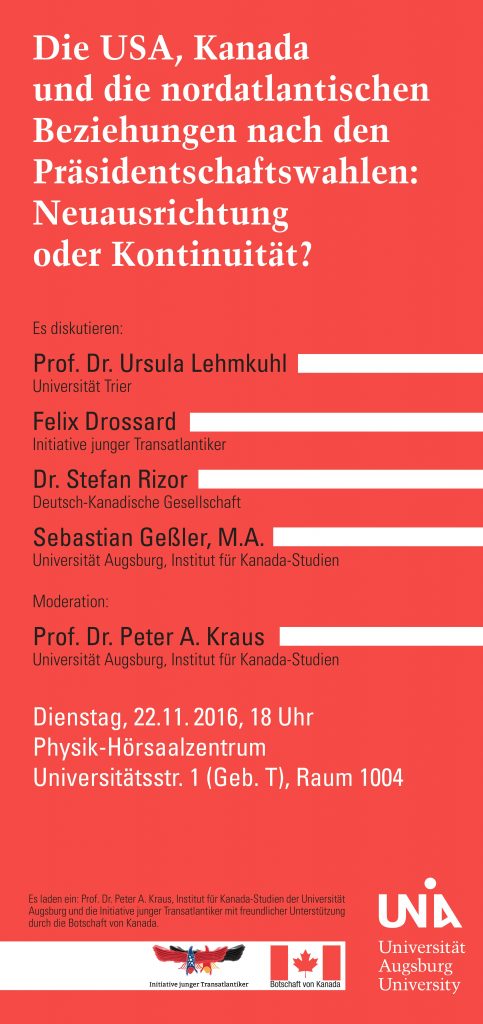8th International Conference Organized by SACS (Association for Canadian Studies in Serbia) and the Faculty of Philology of the University of Belgrade, 22 – 23 April 2017, Belgrade
James Cameron, a widely acclaimed contemporary Canadian film director, defines the cruy of the filmmaking business in a nutshell: „I’m a storyteller; that’s what exploration really is all about. Going to places where others haven’t been and returning to tell a story they haven’t heard before“ (USA Today, May 24, 2013).
As if to confirm this view, on April 29, 2014, the first public celebration of National Canadian Film Day was organized, including widely popular screenings of Canadian films, panel discussions hosted by recognized Canadian filmmakers and numerous debates about Canadian films across the country. Due to a significant print and media coverage and even the recognition in the House of Commons, this inaugural event instantly became a huge success. From this day onwards, National Canadian Film Day has become an annual event held all across Canada with the main purpose of celebrating Canada through Canadian film. The organizers of this national event state that way back in the past it was the railroad that tied Canadians all together, whereas in th 21st century another kind of cohesive track is needed – film!
Inspired by the recent public recognition of film in Canada, the Association for Canadian Studies in Serbia (SACS) and the Faculty of Philology of the University of Belgrade are pleased to announce the 8th International Conference hosted by the Faculty of Philology to be held in Belgrade, Serbia, 22 – 23 April 2017. It is relevatnt ot note that the title of the conference primarily refers but is not limited to films created in Canada and directed by Canadian directors. Any examples of films testifying to Canadian experience and made outside Canada by non-Canadian filmmakers are extremely welcome!
The organizers are pleased to announce that the confirmed plenary speaker is Janice Kulyk Keefer, a renowned Canadian novelist, poet and critic. She was short-listed for a Governor General’s Literary Award in 1987 and 1996. In 1999, she received the Marian Engel Award for a female Canadian writer in mid-career; in 2008, she was awarded the Kobzar Literary Award. Keefer taught literature and theatre in the graduate studies department at the University of Guelph, where she is now Professor Emerita.
Papers to be presented in either English or French are warmly invited from all disciplines as well as from multidisciplinary perspectives. In the general context of film, the Conference would like to achieve a clearer picture of contemporary Canada and its modern sensibility represented through this artistic medium.
The following suggestions for topics move from the very broad to the more particular and circumscribed, but of course in no way do they exhaust the multitude of possibilities:
- social issues (abortion, divorce, gambling, gay marriage, prostitution, marijuana and hard drugs)
- problems facing the Aboriginal People of Canada (Child Welfare Programs, Cases of Missing Aboriginal Women, destiny of native langs, history of residential schools, mythology)
- multiculturalism and ideology of democracy and equality in education, arts, sports
- Economy, globalisation and geopolitics: challenges and perspectives
- Class, race, gender, age, minority differences in the context of thnic and cultural diversity
- Canada: current political challenges (Temporary Foreign Workers, healty environment, identity politics)
- Canadian literature on film: adaptations, influences, developments, trends
- Canada in visual arts: theatre, photography, video, architecture, drawing, painting, performing arts, conceptual art
Contributions may come from the fields of films tudies, sociology, history, literature, psychology, economics, linguistics, geography, arts, architecture, social sciences, philosophy, journalism, etc.
Please send your proposal to Vesna Lopičić.
Deadline for submissions: January 1, 2017.
Plesase submit your theme, a 200-word abstract, your affiliation and a five-line CV. Please find the registration form here.

